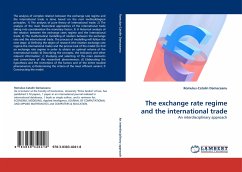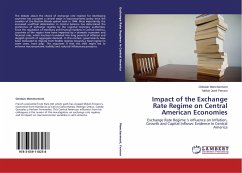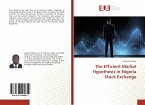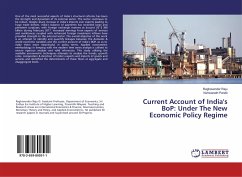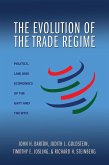This paper verifies strong and weak versions of the vanishing interim regime hypothesis (so-called bipolar view). It is shown herein that the strong as well as weak version of this hypothesis can be discredited. Empirical observations support the bipolar view only for the advanced countries, but not for emerging and developing ones. On the contrary the number of interim regimes, used by emerging and developing countries more than doubled in the 1999-2008 period. Results of the logistic regression analysis also challenge a bipolar view. Moreover, they provide a strong support for the view that the probability of the use of interim regimes in emerging and developing countries significantly differs in various regions of the world. This can be treated as an evidence of the existence of other factors that influence these countries' choices concerning exchange rate regimes, partly resulting from differences in institutional fundamentals and different economic structures as well as macroeconomic policy stabilization programs.
Bitte wählen Sie Ihr Anliegen aus.
Rechnungen
Retourenschein anfordern
Bestellstatus
Storno



